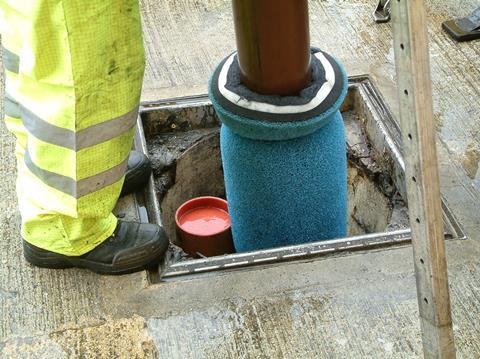
In September 2021, the Government has confirmed the introduction of E10 petrol across all UK forecourts replacing the E5 petrol currently in use. A mixture of petrol and ethanol, E10 biofuel is made from products including low-grade grains, sugars, and waste wood. Its green credentials come from the biofuel’s 10% renewable ethanol content – double that of the standard 5% (E5) blends presently sold throughout the UK.
All liquid hydrocarbon and biofuels (including E5 and E10) comprise of aromatic and cyclic compounds which include the BTEX elements (Benzene, Toluene, Ethylbenzene and the Xylene isomers).
Unlike traditional fuels the bio-elements, especially alcohols, ethanol and methanol, are infinitely soluble in water attracting harmful BTEX elements and other aromatics pulling them into the water phase. This enhances the contaminant concentrations in the water phase due to the co-solvency effect.
Benzene may cause cancer and genetic damage and is considered to be the most harmful component; it is also the most volatile and water-soluble of the BTEX compounds. The UK Environment Agency aims to ensure that there is no appreciable risk of these effects from environmental exposures.
Traditional forecourt separators work by separating the harmful polluting substances such as BTEX from water allowing the clean water to be compliantly discharged into the drains. However, with the new biofuel formulations of E5 and more so with E10, these pollutants are harder to separate from the water. This means your separator is likely releasing harmful BTEX compounds into the environment through the discharge of water.
In order to comply with environmental legislation, systems must be put in place to prevent discharge of contaminated water resulting from biofuel spillage. Adler and Allan’s patented new Ethanol Coalescing Filter fits to your present separator without any requirement for modification or alteration. The innovative filtration system enables your forecourt to meet pollution guidelines and removes 90% of all BTEX.
Performance tests undertaken have validated the efficiency of the system for both ethanol and BTEX removal. The initial results from the live site test shows discharge levels of less than 1 microgram per litre (ug/l) for Benzene and an average for all of the BTEX elements of less than 6 ug/l.
Upgrading filters now will future proof operations ensuring compliance with E10 and beyond should the Government increase the volume of ethanol in petrol again. Filters also require periodic replacement to ensure they continue to operate effectively. Now is a great time to upgrade.
Ahead of the introduction of E10 in September speak to us about upgrading your separator’s coalescing filter to ensure you remain compliant. We can supply and fit filters and ACD, install remote monitoring alarms and safely and compliantly disposal of old filters.





















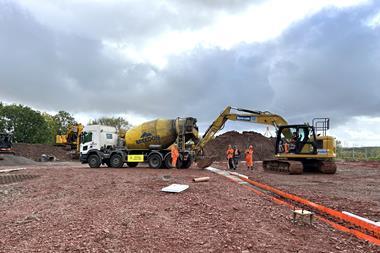
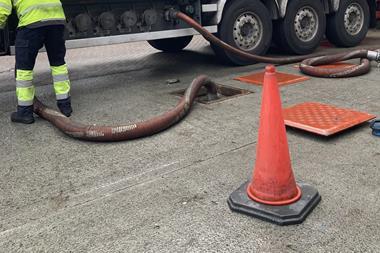
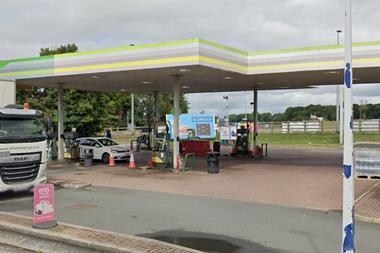
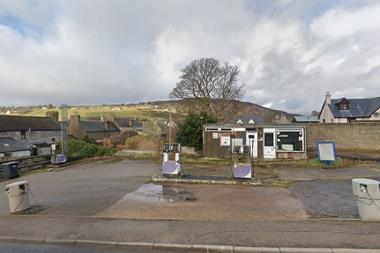

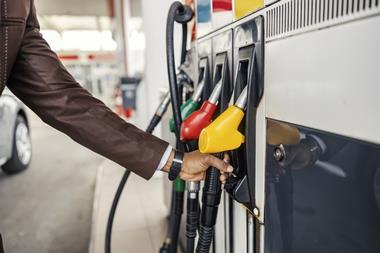
No comments yet